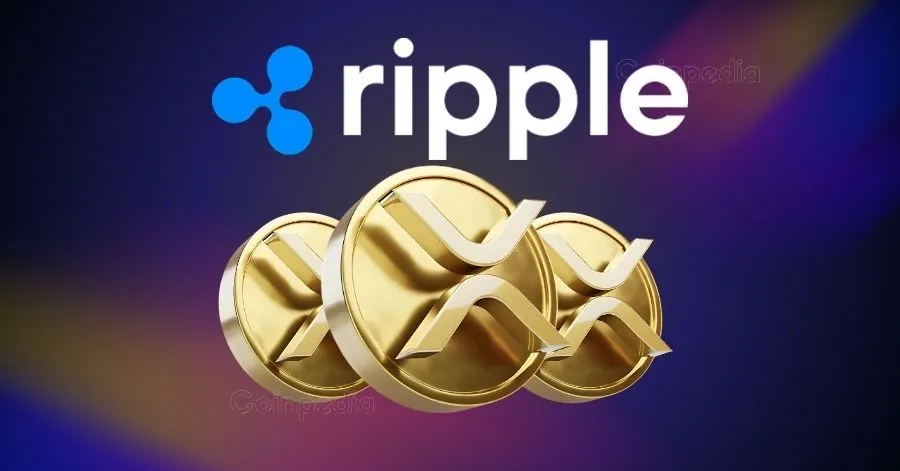
Investment in cryptocurrency and private equity can often involve unique opportunities and risks. Recently, a significant conversation in the financial world has revolved around claims tied to Ripple’s private equity and the actions of firms like Cherokee Acquisition.
What Happened with Ripple Private Equity Claims?
Cherokee Acquisition, a firm specializing in purchasing bankruptcy and distressed claims, has shown interest in acquiring claims linked to Linqto Texas, LLC (Case No. 25-90186). According to a letter shared by an investor, Cherokee has laid out two bid ranges. Claims exceeding $100,000 are being priced between 70% and 75%, whereas claims under $100,000 are priced at 65% to 70% of their value. This strategy offers claimholders the option to liquidate quickly, with Cherokee taking on the risk of waiting for distributions.
Investor Insights: John Deaton’s Advice
Attorney John Deaton has shed light on how companies like Cherokee operate. These firms purchase claims at discounted rates and later profit once distributions occur. He highlighted that offers are usually based on the initial investment rather than its current unrealized value. For instance, Ripple shares purchased for $100,000 at $40 per share might attract offers ranging between $60,000 and $75,000, despite these shares trading closer to $100 on secondary markets.
This discrepancy means investors may leave significant potential gains behind if they sell early. Deaton warns that unless investors face financial emergencies, holding onto Ripple shares might be the better longer-term strategy as the value of these shares could increase following Ripple’s IPO and the end of its lockup period.
Ripple’s IPO and Lockup Period
Ripple’s private equity shares aren’t immediately accessible to investors. They only become available once Ripple goes public and the lockup period expires, extending the timeline for investors to realize gains. Firms like Cherokee aim to fill this gap by providing liquidity sooner—but at a cost.
For investors contemplating selling their claims, it is essential to weigh the benefits of quick cash against potential future value, especially considering Ripple’s past tender offer of $175 and the potential for shares to exceed $200,000 after the IPO.
Should You Hold or Sell Ripple Shares?
The decision ultimately depends on individual financial situations. If liquidity is crucial, Cherokee’s offer may be appealing. However, those aiming to maximize long-term returns may benefit from holding onto their investments until Ripple’s IPO and beyond.
For investors who want to explore financial options further, using resources and tracking Ripple’s IPO developments is key. Check out Trezor Hardware Wallet for protecting your cryptocurrency assets, ensuring your investments remain secure.





